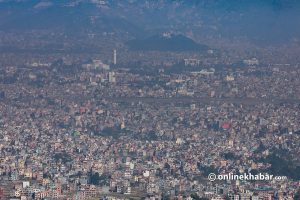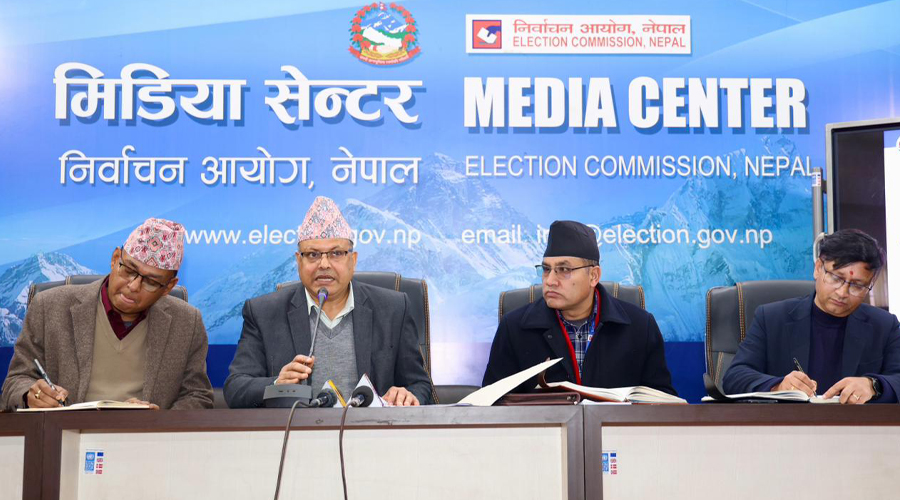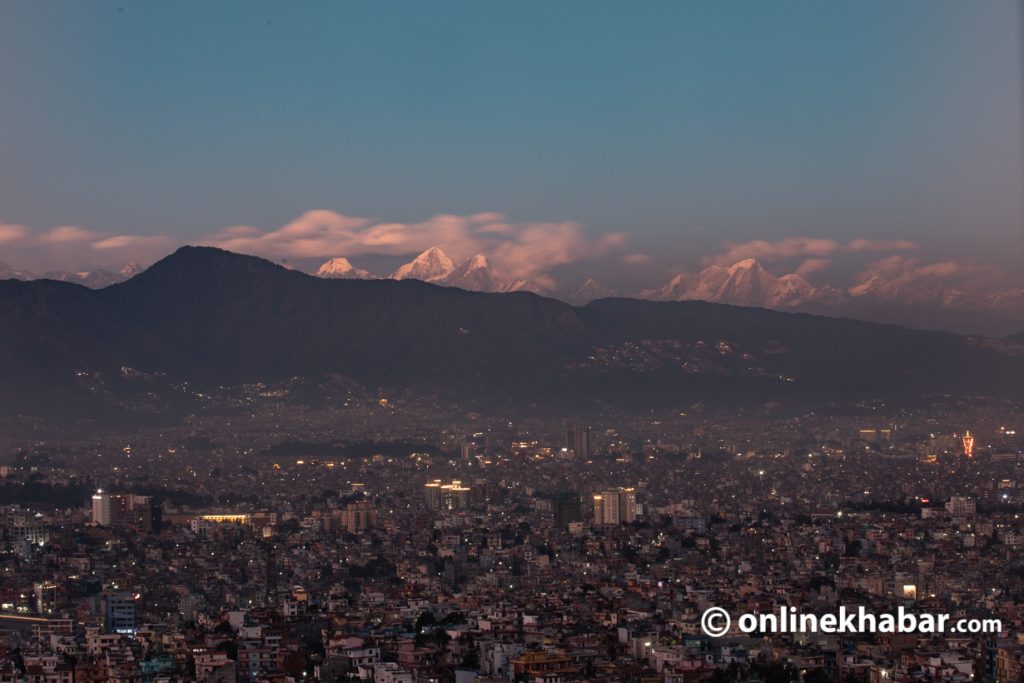
You must have heard how trucks after trucks ply the roads made of waste to reach Sisdol of Nuwakot to dump the waste from Kathmandu. Given the increasing waste problem in the Kathmandu valley, it seems all the problems will go away if the waste would just goes away from sight. So, can Kathmandu also turn all its waste into a road and walk past the problem?
People who know plastic roads say this is a possibility, but its immediate viability is a different story.
The road to plastic roads
In Kathmandu, the priority has been put on waste disposal along with waste management and recently waste segregation. Though waste segregation is being pushed now, the idea is yet to mature whereas the amount of mixed plastic is not going anywhere.
So, is burning the solution? Yes, it is a viable option in the form of briquettes or to be burned in the incinerators with some byproducts.
However, Kathmandu does not have the skilled human resources or the equipment to burn the amount. So, even if the city goes through that route, how much can be burned is still limited. Additionally, the impact of burning waste is yet to be studied.

Another option is to treat plastic with high-intensity heat and mould them into lego-like bricks called UR bricks. A startup, Gross International Nature, is already experimenting with the product and has already been in talks with the Bhutan toilet organisation to build standalone public toilet structures there. Their project is expected to start at the beginning of 2023. It is also targeting to expand in three slum areas of Kathmandu by building structures for the people living in that area.
Building on all these ideas, there have been efforts to make plastic roads. Green Road Waste Management, a green startup based in Nepal, has constructed some hundreds of metres of roads in cities like Kathmandu and Pokhara. The roads are more durable and have been used as a technique in many countries including Bhutan and India.

Prospects of the plastic roads
The plastic road idea suggests the disposal of used plastics so the primary impact will be seen in the amount of waste to be managed. The second benefit is the reduction in the use of plastics to make any new products. The durability of the plastics also makes it a beneficial deal.
Nirajan Ghimire, the co-founder and CEO of Green Road Waste Management, shares plastic roads are cheaper, longer-lasting and more environment-friendly. “We have used plastic wrappers from noodles, biscuits, milk packets and tobacco to make the road. The plastics are shredded and mixed with bitumen to blacktop 100 metre-long road in Pokhara. This use of mixture reduces the amount of expensive asphalt concentrate to make the roads and also the price needed to purchase it.”
“Adding some 10 per cent of the plastic in the bitumen/asphalt mixture improves the stability, flexibility and durability of the roads. The plastic is mixed only in the topmost 2-3 mm layer of the road. But even the recommended 10 per cent makes a difference in the environment,” he adds.

The shredded waste plastic is heated to 170 °C and then added to the mixture of bitumen heated to 160 °C. The mixture is then used as the normal bitumen/asphalt mixture following the same process to make roads.
“While a normal road lasts four to five years, the new plastic roads can last up to 10 years. Since the plastic in the road also stops leakage, it requires fewer repairs and maintenance,” assures Ghimire.
Some grievances

The Green Road team also recently inaugurated a new 330-metre road in Shuklagandaki municipality in Tanahun last month. Yet, Ghimire says the expansion of the plastic road is complicated. “First, there is no policy or standard that supports the expansion of the roads. The government officials and experts are yet to incorporate the policy and it limits the progress we want to make in road construction.”
“The mixture also only allows some 10 per cent of plastic use. Any more use of the plastic will make the road brittle and less flexible to sustain the vehicle pressure,” adds Ghimire.
Such products also decrease the amount of new plastic to be used. However, Gross International Nature is a joint company of three environmental engineers from Nepal, Bhutan and Bangladesh. Adhikari, the country coordinator for Nepal, runs the company with founders Warefte E Muished (Bangladesh) and Tshering Lhamo (Bhutan).
Adhikari shares that for them, the first country of choice to work in was Bhutan because the country is very supportive of youth entrepreneurship and research. Nepal has more complexities that put hurdles in the path of plastic roads, according to him.
But on the sidelines, Gross International is also experimenting with mixed plastics to make pavements. Its next venture includes making pavement blocks that will use mixed plastics with sand. Green Waste is also producing the same product, which uses mixed unsegregated waste. “The pavements blocks are more sellable, but we still need to market them and work on the expansion.”
























